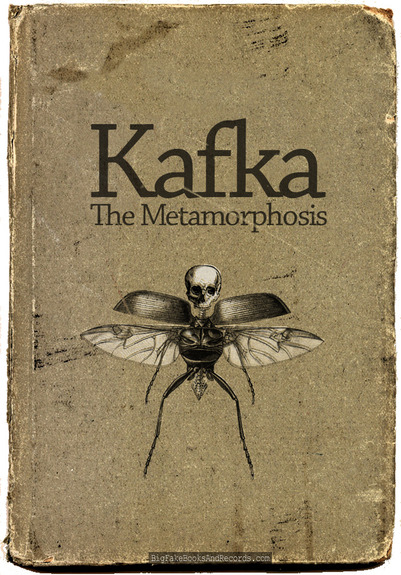 |
| Click here to read Click here to buy |
But what does The Metamorphosis MEAN? What does it teach us? The first thing upon finishing the book I thought about was "how would I react if one of my loved ones turned into a bug?" I honestly, don't know because it would never happen in reality. But that line of thought lead me to consider how I treat people who are different from me. That's something I think Kafka is trying to do here. He's trying to teach us that no matter what our differences, everyone should be treated humanely and with respect. There is probably much more to learn from this book but after reading it just once and contemplating it for a relatively short time, that is what I took away from Kafka's The Metamorphosis.